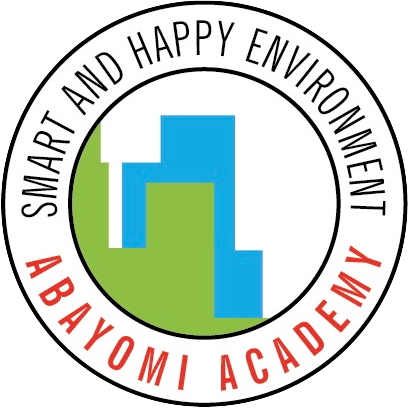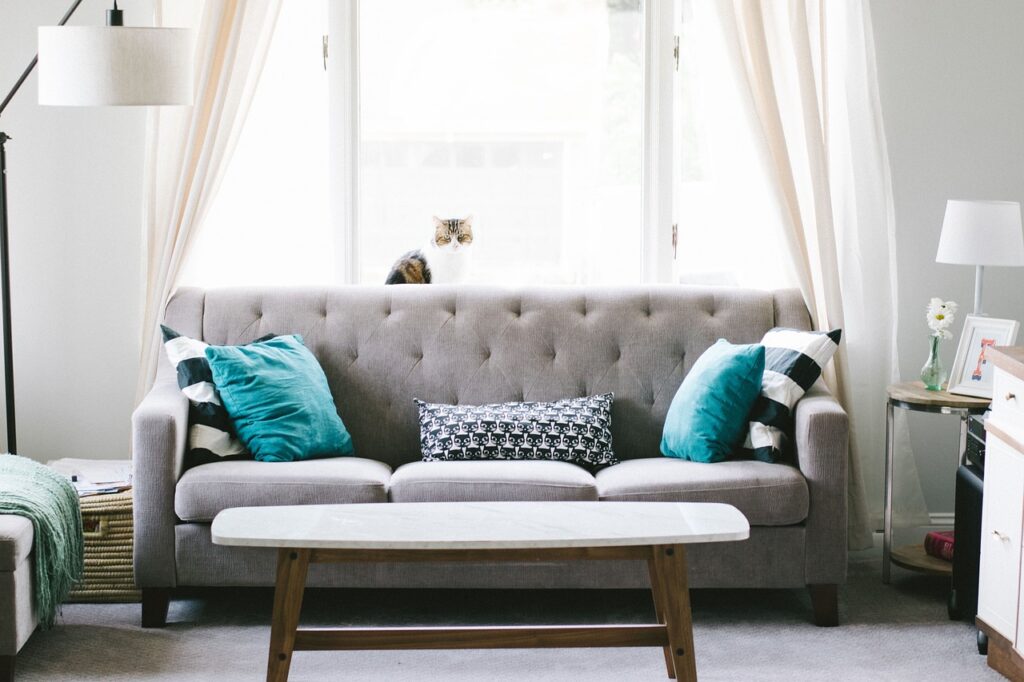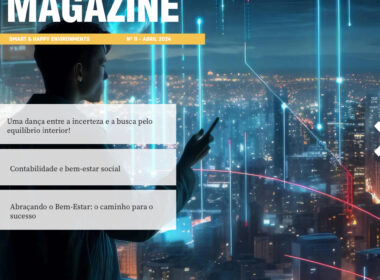Self-awareness, Personal Consciousness, and Situational Awareness: The Basis for Well-Being and Happiness
By Patricia Fraga
Continuing our journey toward smarter and happier environments, it’s time to delve deeply into our essence. Today, we will explore the importance of self-awareness, personal consciousness, and situational awareness as a fundamental foundation for promoting wellbeing and happiness where we live.
Our columnist Juliana Costa, a conscientiologist, presented us with inspiring reflections in her text already published on the blog, “Consciousness and Happiness“. I invite you to integrate these reflections with our journey, as they offer valuable perspectives on the connection between consciousness and well-being.
Remember your notebook “My Journey to Happiness” that we started in the previous text? Have it on hand now, because we will continue to use it for our notes.
Let’s start with self-awareness, which refers to a deep understanding of who we are, our values, desires, and motivations. It is the journey of discovering our unique identity and the deepest layers of our psyche. Only by knowing who we truly are can we achieve happiness and contribute to happy environments.
I now invite you to dive into a unique and transformative journey: the Mirror Journey. Have you heard of it?
Look in the Mirror: Take a quiet moment and look at yourself in the mirror. Carefully observe your facial expression, your eyes, and your posture. Notice the emotions that arise while observing yourself. Write down in your notebook your reflections on what you see and how you feel about yourself.
Analysis of Old and New Photos: Search for old photos from different stages of your life and take some recent photos. Compare them and reflect on the changes that have occurred in you over time. What do these photos reveal about your journey? How have you evolved emotionally, spiritually, and physically? Use your notebook to write down your reflections.
Letter to Your Future Self: Write a letter to your future self, five or ten years from now. Share your dreams, aspirations, fears, and current challenges. Visualize where you want to be in that future and what steps you are willing to take to achieve your goals. Write this letter in your notebook and review it periodically to monitor your personal growth.
The Mirror Journey is an opportunity to reconnect with yourself, understand your unique journey, and embrace all facets of it with love and acceptance. By knowing yourself deeply, you will be more prepared to contribute to happy environments around you.
Let us now understand what Personal Consciousness and Situational Awareness are.
Personal consciousness refers to the deep understanding of our characteristics, values, and purposes in life. It is the awakening to our unique identity and full acceptance of who we are and how we are related to the world we live in, allowing us to live in alignment with our deepest truths.

By cultivating Personal Consciousness, we can make decisions that are more aligned with our values and goals, promoting a more authentic and meaningful life. This Personal Consciousness not only benefits our journey but also contributes to building more genuine relationships and a more compassionate and empathetic society.
Situational awareness involves the ability to perceive and understand the environment around us, as well as the interactions and dynamics that occur within it. It is the ability to be present in the present moment, carefully observing the nuances of the context in which we find ourselves.
By developing situational awareness, we can respond more effectively and adapt to the demands of the environment, minimizing conflicts, avoiding risky situations, and promoting harmonious and collaborative coexistence. This awareness not only enriches our personal experiences but also contributes to building healthier and more resilient collective environments.
Continuing the Mirror Journey and expanding to the Mirror Room, return to your notebook and set aside a quiet moment for reflection.
List your characteristics, values, and purposes in life. Try to identify what really motivates you and what is important to you. Ask questions like: What are my strengths and weaknesses? What are my core values? What brings me true happiness and fulfillment?
After you write, take time to review your answers and consider how this information influences your daily choices and relationships.
For the next task, choose a time of day when you are in a familiar environment, such as your home, your workplace, or a public place, such as a park.
Take a few minutes to carefully observe your surroundings. Pay attention to details: colors, sounds, smells, movements. Also observe the interactions between people, gestures, and facial expressions. Try to capture the energy of your environment and how it influences your emotional state. After this observation, write down your perceptions in your notebook. Reflect on how awareness of your surroundings can affect your own emotions and actions, and how you can respond more consciously and adaptively to the different situations you encounter.
Self-awareness, personal consciousness, and situational awareness are fundamental to contribute to smarter and happier environments. By getting to know ourselves better, we understand our needs and values, living authentically. This benefits not only our journey but also our interactions, promoting genuine relationships. Furthermore, being aware of the environment allows us to respond effectively, creating harmonious spaces where everyone can thrive.
These principles are fully in line with the proposal of the Abayomi Methodology, which values technology, but moreover, the intelligent use of available resources to promote more conscious and happier environments. By incorporating self-awareness and situational awareness into our lives, we take a significant step toward creating spaces where everyone can flourish.
In conclusion, I invite you to continue with us on this exciting journey in search of smarter and happier environments. Next month, we will explore the topic of “Harmonizing Your Physical and Digital Space”, where we will learn how to create environments that promote well-being and harmony in all areas of our lives.
See you next month! Stay tuned!

Patrícia Fraga, a visionary and dynamic professional, holds a Ph.D. in Architecture, blending her passions for sustainable urbanism, education, and technology. With a multifaceted career spanning engineering, construction, and academia, she’s the Founder and Chief Happiness Officer at Abayomi LLC and Executive Director at Abayomi Academy. Patrícia’s global influence extends through her roles as an international speaker, published author, and advocate for Smart & Happy Environments. Her commitment to cultural inclusivity shapes transformative projects worldwide, emphasizing the integration of technology with environmental responsibility. A mother of five, Patrícia’s journey reflects resilience, innovation, and a dedication to creating positive, sustainable, and joyful living spaces across the globe.
Get to know more about Dr. Fraga: Linked In Instagram





